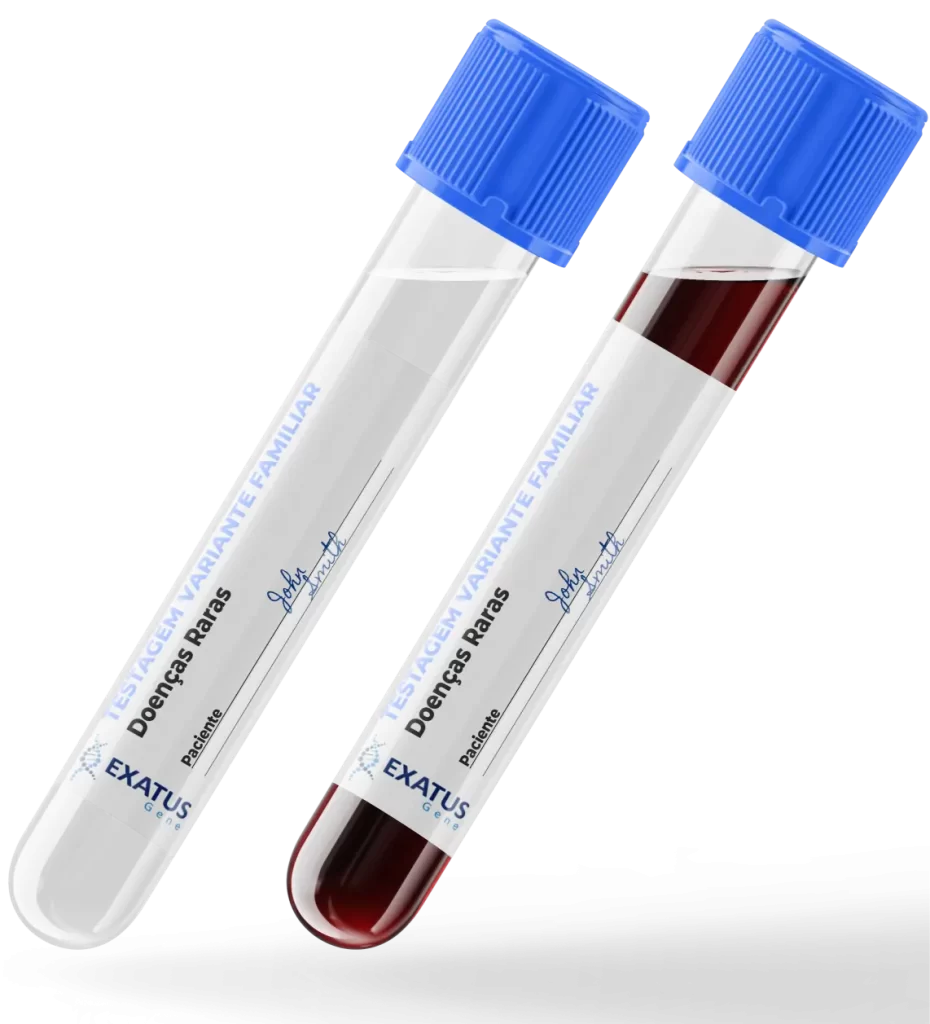
Familial variant testing is a genetic test performed on family members to determine whether they carry a specific genetic mutation (variant) that was previously identified in a relative. This type of test is primarily used when a hereditary genetic condition has been diagnosed in a relative, and there is concern that other family members may also be carriers or develop the same condition.
Source: bvsms.saude.gov.br
1 in every 27 Ashkenazi Jews is a carrier of the Tay-Sachs mutation, which is a fatal neurodegenerative disorder caused by the absence of an enzyme necessary for breaking down fatty substances in the brain.
Source: www.msdmanuals.com
5% to 10% of rare genetic diseases have some form of effective treatment available.
Source: NORD (National Organization for Rare Disorders) Report, 2020.
Consider this test in the following cases:
The panel includes:
Specific point mutation already identified in the proband.
The methodology used for this test is as follows:
Blood: No fasting required.
Saliva: 30 minutes of total fasting.
Up to 30 calendar days
Medical request and report from the relative with the known mutation.

| Type | Description |
| Technique | Sanger, PCR, or NGS depending on the variant |

Main Office Rua Bento Gonçalves, 59, Room 802 — Centro, Marau, RS — 99150-000
Porto Alegre Office Rua Gomes Jardim, 301 , Room 918/909 — Santana, Porto Alegre, RS — 90620-130